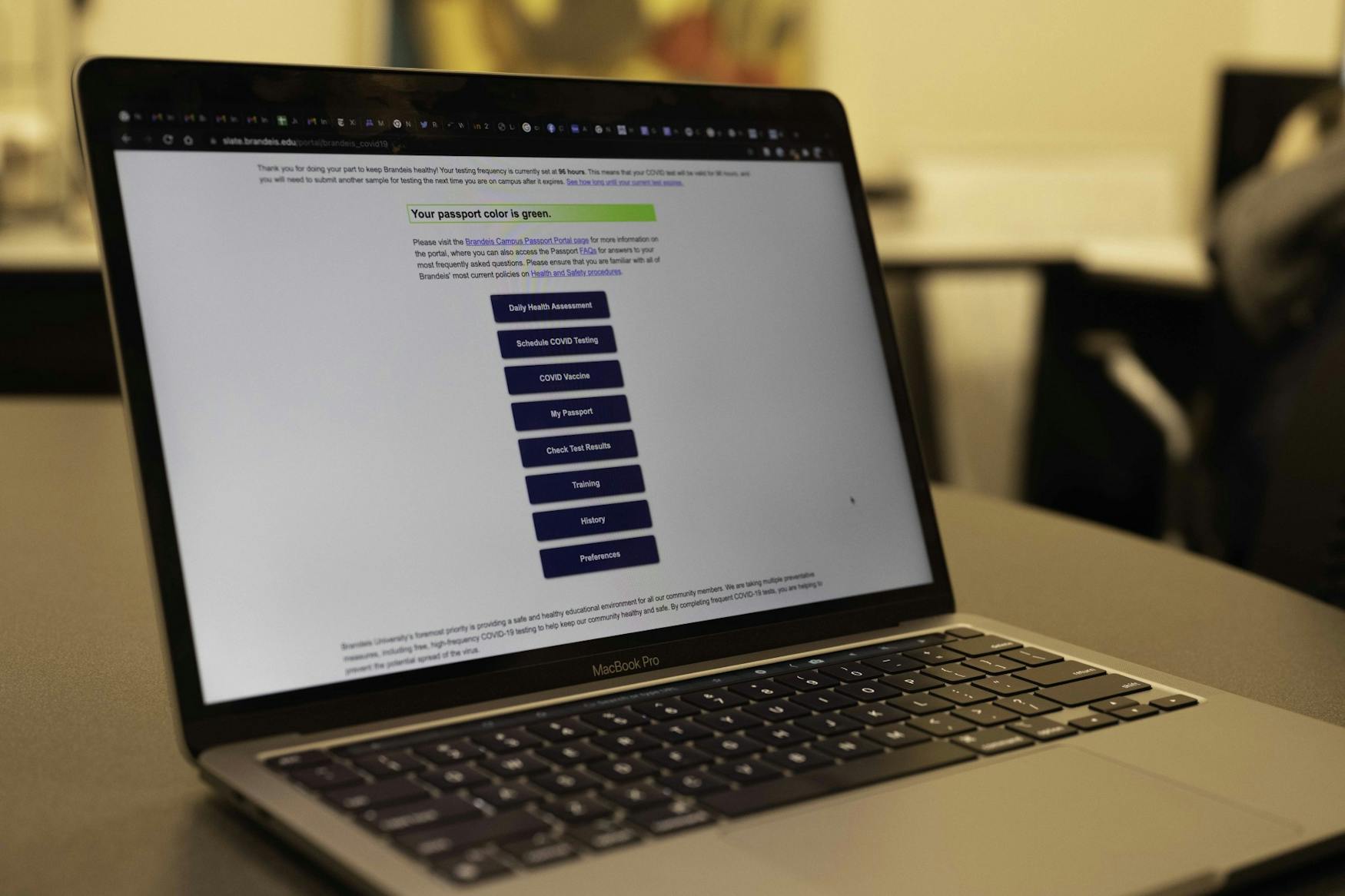Editorial: Medical director of the Health Center, Dr. Colleen Collins, clarifies some University COVID-19 policies
Despite being almost two years into the COVID-19 pandemic and halfway through our fourth semester of COVID-19 restrictions, the Justice Editorial Board had lingering questions about some of the University’s policies.
We reached out to the Golding Health Center for clarification on a number of points and would like to share some responses from Dr. Colleen Collins, medical director of the Health Center.
One of the first things that students do in the morning is fill out the Daily Health Assessment. Often, students are unsure whether to include certain symptoms that they are experiencing. Collins wrote that students should keep “in mind that we are looking for new symptoms that are suggestive of a new infection. If you chronically have a runny nose due to seasonal allergies, or you transiently sneezed one afternoon, these would not be symptoms you should feel compelled to fill out in the DHA.”
If you do report symptoms and subsequently fail the DHA, the Health Center will evaluate your situation with you, bearing in mind that within a heavily-vaccinated population like Brandeis’, “the likelihood that a febrile flu-like illness is [COVID-19] is increasingly unlikely.”
Collins said that the Health Center is rarely isolating symptomatic cases at this point, unless the symptoms developed after “high-risk” close contact with a person who tested positive for COVID-19.
Examples of high-risk close contacts include “roommates, housemates or significant others,” per Collins Those who test positive for COVID-19 are always isolated for 10 days.
It is also important to remember the distinction between quarantining and isolating, which are often incorrectly used interchangeably. Those required to quarantine are able to stay in their own spaces, limiting contact with others. Those in isolation are moved to 567 South Street after testing positive and have no contact with other individuals.
Collins added that “if a clinical evaluation identifies strep throat or a sinus infection or pneumonia as the source of fever, then treatment for a bacterial infection would be prescribed and the student would not be asked to isolate or quarantine.”
This board believes it is important for students to remember our social responsibility to keep one another safe from all infections — not just COVID-19 — and encourages everyone to remain cautious about socializing and attending class when sick. We appreciate that the University has continued to implement these safety measures and that the campus community has maintained relatively low rates of infection throughout the semester. Finally, we want to remind everyone to continue to exercise caution and sensibility.



Please note All comments are eligible for publication in The Justice.